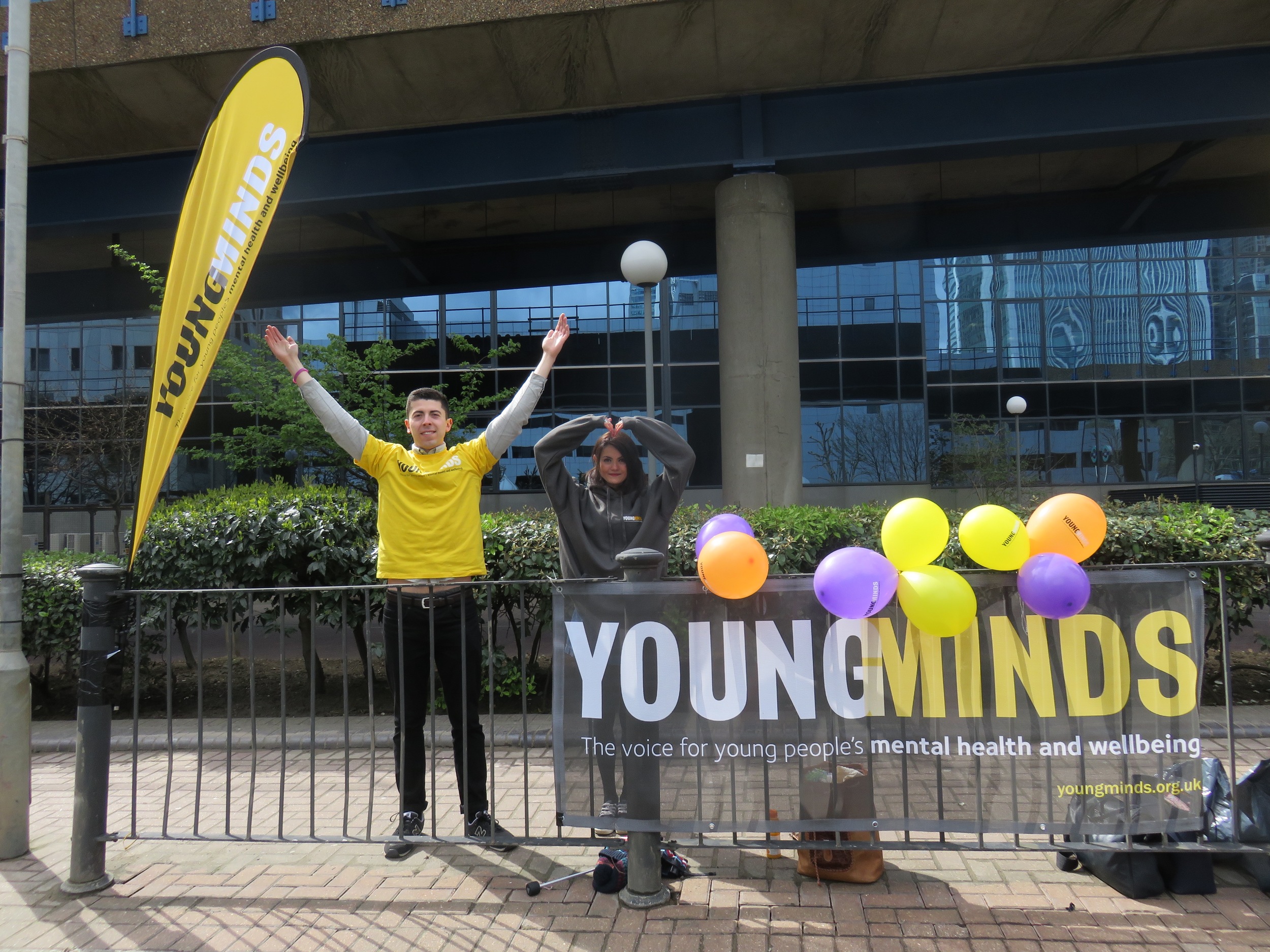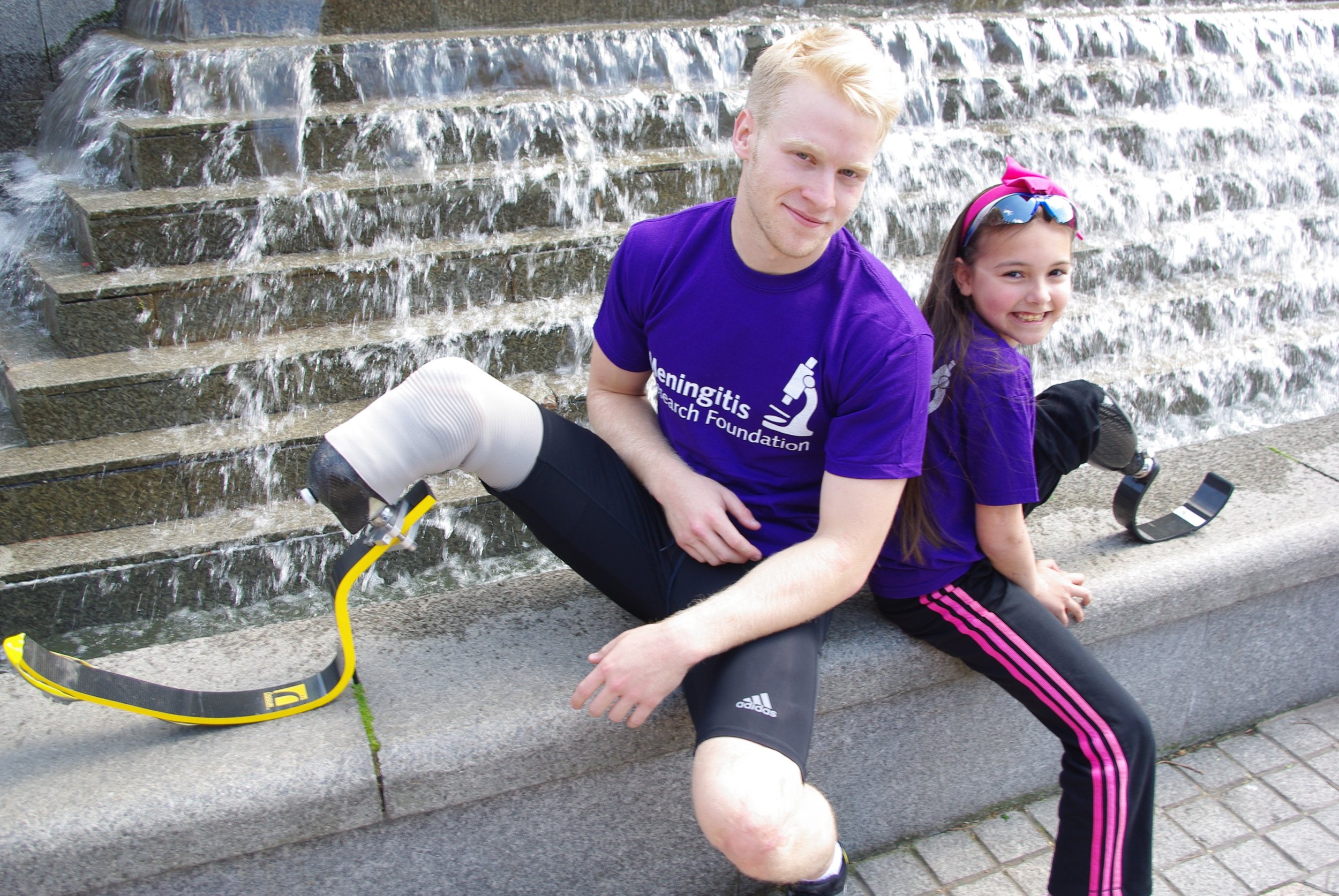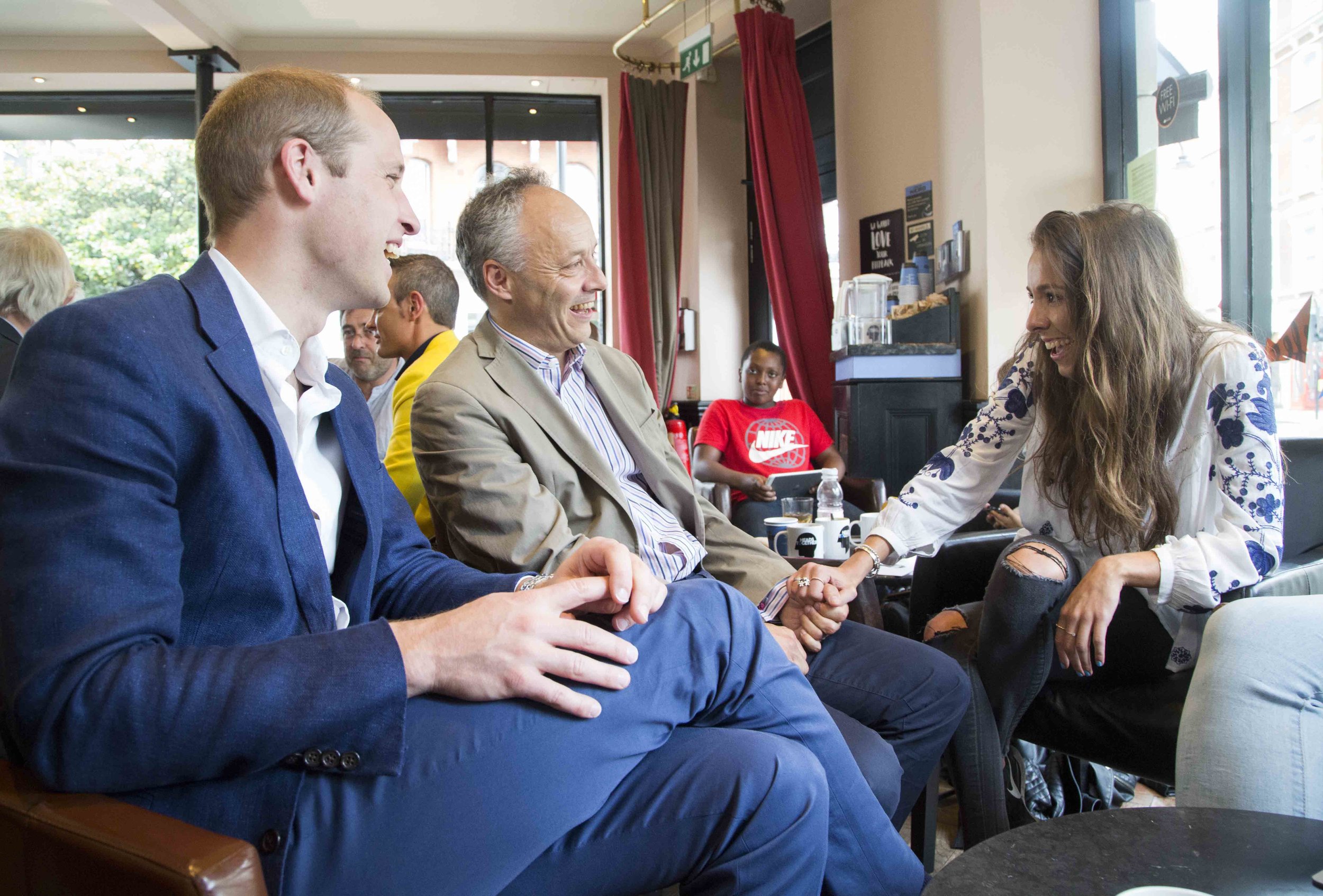
Our Mission Statement
Our aim is to support improvement in mental health by providing grants to charities registered and operating solely in the UK and involved in the mental health and wellbeing of children and young adults.
Although we understand the necessity of securing core funding for charities, we wish, if possible, to target our grant-giving to specific projects that will provide a measurable difference to a charity’s users.
About us
On 5th October 2020 The Pixel Fund moved from being an unincorporated charity (No. 1139878) to being a Charitable Incorporated Organisation (CIO) (No. 1191052). Everything about our mission and goals for the charity remain the same.
We are a small charity which distributes grants to other charities in our field of interest. Hence the name; we are just one element in the larger picture.
We were officially established and given our registered charity number on January 18th 2011 and made our first grants at the end of that Spring quarter. From an initial investment, we are largely a self-funded charitable organisation.
We carry out a regular review of our grants and welcome applications from new organisations. We do not, however, support individuals or organisations not registered as charities, and are equally less inclined to make grants to major charities who already have established income streams. I would invite you to see the Grantees Blog to get a feel for the kind of charities that we have supported so far.
Grants & Donations
We operate a staged application process, for more details see the How to Apply section below.
As noted in our Mission Statement, our slight preference is to grant for projects over core funding. It is also worth noting that in the past we have granted to very few capital projects, this is unlikely to change.
The process usually takes from four to six months from start to finish. However, it should be stressed that this can vary widely and that we are always under pressure to make tough choices with the finite funds available.
Once granted, we aim to interfere as little as possible with the granted organisation, we believe that you should be left to get on with your job. With this in mind, we take governance seriously, and expect applicants to be able to demonstrate the organisation has up-to-date provisions in place in terms of both risk and governance.
Grant Applications
Before reading on, make sure you are eligible to apply for grant.
Introduction
Subject to approval by the Trustees, we generally offer first grants of around £5,000. However, no single grant is ever more than 5% of annual income. The combination of our typical grant size and limit on the grant in terms of percentage of annual income means that we are very unlikely to grant to any organisation with an income of less than £20,000 per year. We’re also happy to look at follow-on applications to existing grantees that have delivered on commitments. Although there are many worthy charities throughout the UK doing important work in their respective fields, we can't support them all. The hardest thing we do is turn down applications, so please make our lives a little easier and consider if you fit our target profile group (see our Mission Statement).
It’s worth noting that The Pixel Fund is much more inclined to grant to projects / core work that directly reach Children and Young People (CYP). For example we are more likely to grant for the training/coaching of CYP themselves rather than for the training/coaching of staff that work with CYP.
Are you eligible to apply?
Our focus is the mental health and well-being of children and young adults, we will not grant to projects or organisations that are not core-focused on mental-health and well-being.
Young adults means those under 26 years old at the start of any granted project or work stream. Where a project includes over 25s we would consider granting an appropriate percentage of the total costs.
We only make grants to charities registered in England & Wales, Scotland or Northern Ireland. If an organisation is not on the respective charity register we cannot grant to it. We do not grant to
Charities registered overseas
Charities where the project / service is delivered overseas
Independent schools (other than those supporting children with special educational needs)
Individuals
Religious organisations
Exempt charities
Trustees have a strong preference for organisations with annual income of under £2m.
We are paperless. We do not accept anything posted to our address unless specifically requested by us. Unsolicited mail is recycled before it is opened.
We expect good governance. Once we have granted you, we like to leave you alone to get on with your good work, therefore we need to trust your governance structures. For established organisations* this means
For charities with an income of more than £1m, fixed trustee term limits beyond which sitting Trustees cannot remain in post
Considered organisational risk policies
No, or at least declared and recognised, conflicts of interest within the governance structures
A sustainable pension scheme
New Charities: Charities will need to have submitted at least a first full set of accounts on the Charity Commission website before we will consider granting to an organisation.
Like everyone, we’re busy. We do our best to make our processes as pain free as possible, both for yourself and for us, so please read the following carefully.
*What is an established organisation? In the past The Pixel Fund has made grants to organisations with annual incomes ranging from £40,000 to £30m. We are very aware that smaller organisations will struggle to adhere to our governance requirements. For us, there needs to be an awareness of the issues and as an organisation grows there needs, in our opinion, to be moves to put strong governance structures in place. As an organisation grows Pixel Fund Trustees will be increasingly less forgiving of ‘loose’ governance. Organisations that are moving toward to £500,000 mark in terms of annual income need to be already looking at these issues very carefully and should be putting good governance structures in place. An organisation heading towards an annual income of £1m would be unlikely to be granted to if it didn’t, for example, have fixed term trustee limits in place. Once a charity has an income of more than £1m, fixed term limits are required.
How soon can you reapply?
If you are already a recipient of grant, you will have signed an Acceptance Form before receiving the grant. On the form it will give you the length of time, in months, the grant covers, usually 12 months.
You will have agreed to send a progress report at the end of the grant period. Trustees will then discuss the report and decide whether or not to invite a follow-on application.
Can charities that serve a single community apply?
The Pixel Fund does not discriminate on the basis of gender, disability or race. We expect our granted organisations to be diverse and non-discriminatory. However, we do understand that some charities are set up to specifically cater to one community. We that in mind, we expect those charities to be non-discriminatory within the community they serve.
We’ve created a checklist so you can easily see if you are eligible to apply.
Document Submission
We use Airtable for all of our forms, submissions and document management needs. This saves trees, reduces shelf loading, ensures swift circulation of documents to the Trustees and means we assess more proposals. We can't stress enough how much we rely on PDFs which we use to share and archive documents. Grant updates following successful applications are also only accepted in PDF format. As mentioned above we are a fully paperless organisation, we do not use paper at all.
How to Apply
Our staged process is intended to cut out unnecessary work on your, and our, part. You won’t be invited to submit an application unless we feel your charity is a good fit for us.
Firstly, you need to attend a Pixel Fund Q&A Drop-in Meeting (book HERE). These are a new idea designed to help you understand whether you should apply to us or not. These are preparation free, you just need to bring questions! You must attend one of these meetings in order to start the application process.
Once you have attended the above meeting, you will then be sent a link to the Eligibility Checklist Questionnaire (sample). This questionnaire formalises what you will be expected to supply to us during the application process, and what criteria your charity and your application will need to work within.
Following us checking the above, you’ll be sent a follow up email requesting you to fill out our Due Diligence form (sample). This is the point at which we do some detailed checks, we try to make sure that we’re not going to invite an application from you only to turn you down later.
If we then invite you to submit an Application, you will be sent a link to an online form to fill in and upload documents to. We’ll check the documents and ask any follow up questions we have.
The Application will then be discussed at the next Trustees meeting, when we’ll decide whether to grant to you. However, there may be some follow up questions which you’ll need to answer before any grant is awarded.
If you are awarded a grant, you’ll sign an undertaking to use the grant for the agreed project and report back (usually twelve months after the grant). Following receipt of the acceptance form and a short blog post for our website, the monies will be transferred.
At the end of the grant period (usually 12 months) you will submit a project update to us to be discussed at our next trustees meeting.
Please note
There's no time limit on your application. Take your time to do it right. That said, we want to get on with it as much as you do.
Upload documents to the online forms. Please do not email or send any documents unless requested.
Some questions require comprehensive answers which are probably available in your constitution, accounts or standard documents.
Please make sure that you complete all questions and include relevant requested documents.
Book a place on a Pixel Fund Q&A Meeting
If you are looking to apply to the Pixel Fund for grant, the first stage is to join us for a Q&A meeting. This online meeting is an informal opportunity to help you see if you are the kind of charity that the Pixel Fund will or can grant to. To save wasting your time, do please check if you are eligible to apply to us before you book your place.
Select the date / time that suits you in the form below. There is a limit of 100 per meeting, so we will limit availability. If none of the meetings work for you, do check back as we will be adding further times and dates on a regular basis.
Once you have submitted the form, you will receive an automated response. If you do not receive an automated response, you have given an incorrect email address. In that case, please fill the form in again.
NB. If you can’t see the form below, try refreshing the page, if that doesn’t work, us a different browser.








